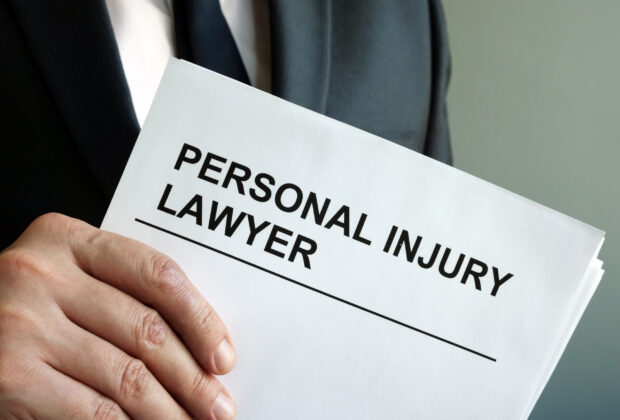When you’ve suffered a personal injury, finding the right lawyer can make all the difference. But with so many options out there, how do you choose the attorney who’s best suited to handle your case? Click on this website to know more.
Choose the Right Personal Injury Lawyer for Your Case
1. Define Your Needs
- Identify Your Injury Type: Start by understanding the nature of your injury (e.g., car accident, slip and fall, medical malpractice).
- Severity Matters: Determine the severity of your injuries and their impact on your life.
2. Seek Recommendations
- Ask Friends and Family: Get referrals from friends and family who may have faced similar situations.
- Consult Other Lawyers: If you know lawyers in different fields, ask them for recommendations. They often have insights into their colleagues’ expertise.
3. Check Qualifications
- Verify Credentials: Ensure the lawyer is licensed to practice in your state and is a member of relevant bar associations.
- Review Experience: Look for lawyers with significant experience in personal injury cases, specifically ones similar to yours.
4. Assess Reputation
- Online Reviews: Read online reviews and testimonials from previous clients.
- Check Disciplinary Records: Investigate if the lawyer has faced any disciplinary actions or complaints.
5. Schedule Consultations
- Initial Consultation: Arrange meetings with potential lawyers to discuss your case. Many offer free consultations.
- Ask Questions: Prepare a list of questions to ask during the consultation. For example, inquire about their approach, fees, and estimated timeline.
6. Discuss Fees
- Contingency Fee: Personal injury lawyers typically work on a contingency fee basis, meaning they only get paid if you win your case.
- Understanding Costs: Make sure you understand the percentage the lawyer will take if you win, as well as any additional costs or expenses.
7. Evaluate Communication
- Open Communication: Choose a lawyer who is responsive and keeps you informed about your case’s progress.
- Comfort Level: Gauge your comfort level during the consultation – trust your instincts.
8. Assess Resources
- Support Team: Inquire about the lawyer’s support staff and resources. A strong team can be crucial in handling your case effectively.
- Case Load: Ensure the lawyer has the capacity to devote enough time and attention to your case.
9. Review the Contract
- Read the Agreement: Carefully review the retainer agreement, making sure it outlines all terms and conditions.
- Ask for Clarifications: Don’t hesitate to ask for clarifications or revisions if needed.
To Sum Up
Picking the right injury lawyer matters a lot. These steps and research help you find a lawyer who fights for you and gets you fair compensation. Your attorney is your ally; take your time, ask questions, and choose carefully.









